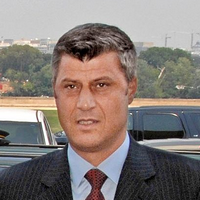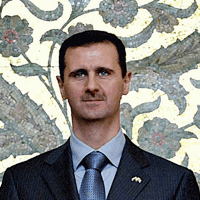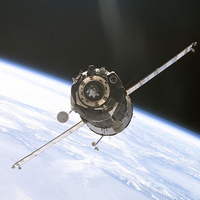
For all the ways that Kosovo’s declaration of independence on Feb. 17, 2008, was a seminal moment, it changed little. To be sure, it marked the beginning of a fundamentally new phase in Kosovo’s political life and led to material as well as symbolic changes in its international status. Many powerful states recognized Kosovo as independent, and its altered international standing quickly allowed it to reach new heights of political autonomy. Yet many of the underlying political challenges and divisions that made Kosovo such a political flashpoint in Europe in the first place remained in place. Its early post-independence years […]





